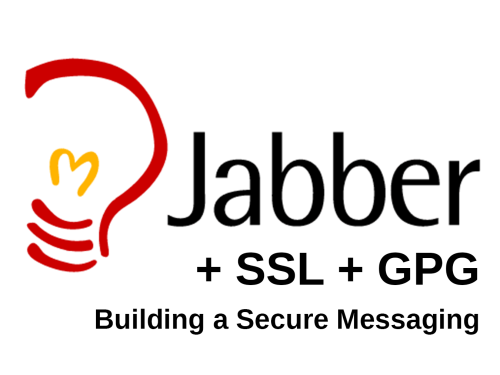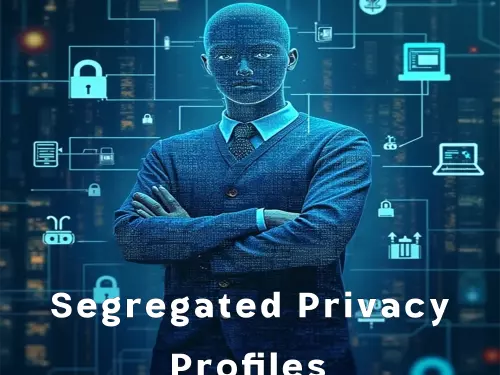The truth about data storage on crypto exchanges in 2026. Real-world leaks, staff access to IDs, and the hidden risks of third-party KYC vendors. Read more!
How is crypto tracked? Learn how the FBI, DHS, Chainalysis, and Elliptic monitor transactions through exchanges. Full tracking schemes revealed. Read more!
How traders can stop mass surveillance? A practical guide to encryption: API keys, seed phrases, strategies. DPI, data leaks, and 10 steps to full security.
How did CZ keep his billions? We expose the core theory: a confidential deal to share Binance's transaction data with US authorities in exchange for personal freedom.
The ultimate guide to Zero-Knowledge Proofs (ZKPs): See how Zcash, Firo, and Aleo hide sender, receiver, and amount. SNARKs vs. STARKs explained for blockchain privacy.
Binance requests Proof of Source of Wealth (SoW) due to fiat banking rules. Understand the difference between SoW/SoF, how CEX risk systems work, and EXMON's privacy-first approach.
Transfer Bitcoin/crypto instantly via email with EXMON. Zero network fees, no wallet setup, no seed phrases. The easiest way to send digital assets to anyone.
Secure your digital life! Get the definitive setup guide for end-to-end encrypted messaging using Jabber (XMPP), SSL/TLS, and GPG (GnuPG). Learn to integrate the Psi client, generate keys, and protect your communications from leaks. Master secure messaging now!
Short and actionable - how and why to create multiple privacy profiles on an exchange to split risk, reduce correlation, and keep your digital life both secure and manageable.
















